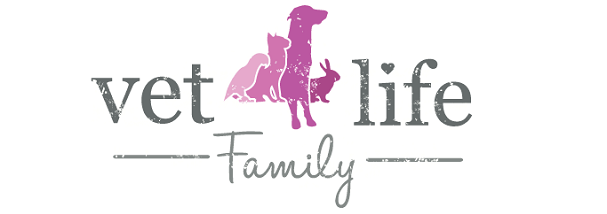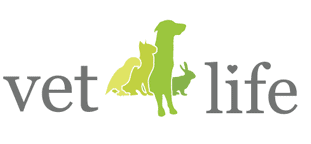Vaccinations are unquestionably the greatest advance in the health of pets (and humans) in all of medical history. They have done more to prevent disease and improve well-being than even antibiotics or surgery. They are an absolute essential part of pet ownership and all puppies and kittens must get vaccinated at the appropriate times.
In recent times, especially with a massive reduction in the disease (as a result of their effectiveness), their use has been brought into question.
For a drug or vaccine to be licensed it has to pass through extremely stringent safety and performance tests. These show that if used at certain times in an animal’s life, at a certain dose and at a certain frequency, the vaccine will work and minimise side effects. It is therefore also prudent to adhere to the licence when considering an individual pet’s vaccination protocol.
Book a vaccination appointment for your pet
Annual vaccinations for your pet
Annual vaccinations also ensure annual health examinations take place. There are many diseases that can be successfully treated if caught early especially cancers, heart disease and kidney disease to name a few.
Cats
In general Vet4Life advises vaccinating a kitten at 9 and 12 weeks with Herpes Virus, Calicivirus, Feline Enteritis and Feline Leukaemia Virus.
Here at Vet4Life we can vaccinate your cat against the following diseases:
- Cat Flu
- Feline Enteritis
- Feline Leukaemia Virus
- Feline Chlamydophila
We can talk you through any type of vaccination that may be required for your cat.
Book a vaccination appointment for your cat
Dogs
Puppies should be vaccinated at 8 weeks and 10 weeks so they can start socialising with other dogs as soon as possible. Puppy parties can be a great way to get them playing constructively with other dogs before they are 12 weeks old. A final vaccine at 16 weeks should also help prevent the small percentage of dogs who do not have solid immunity with the previous 2 vaccines. A full vaccination should be done again 12 months later. A full vaccine includes Infectious Hepatitis (Adenovirus), Parvovirus, Parainfluenza virus, Leptospirosis and Distemper. In subsequent years, vaccination with Leptospirosis and kennel cough (Bordatella bronchoseptica) should be given annually, with the full vaccination reserved for every third year.
The team here at Vet4Life can provide the following vaccinations for your dog:
- Parvovirus
- Leptospirosis
- Distemper
- Canine Infectious Hepatitis
- Rabies
- Leishmaniasis
- Herpes vaccination
- Kennel Cough
A full health check is booked for every dog that is having a vaccination to ensure that they are in good health before giving the injection.
Book a vaccination appointment for your dog
Vaccinations for your Rabbit
We recommend that rabbits are vaccinated against myxomatosis and viral haemorrhagic disease (VHD).
Previously this would have been administered through two separate injections, however our new rabbit vaccine means that your pet can be protected against myxomatosis and both strains of VHD with just a single injection.
Book a vaccination appointment for your rabbit
Spread the cost of essential healthcare for your pet
Our Vet4Life Family Plan offers the best value way to vaccinate your pet to ensure they have the preventative health protection they need over the course of their lifetime. Being a member allows you the opportunity to spread the cost over 12 months whilst also receiving discounts on other services at Vet4Life, including vaccinations for your pet.
If you would like further information on vaccination programmes for your pet, or our Pet Health Club, please contact us.
Vaccinations FAQ
Why does my pet need to have vaccinations every 12 months?
Depending on the disease that your pet is being vaccinated against, the period of time that they are protected will differ. Certain diseases, such as leptospirosis in dogs and flu in cats only carry around 12 months protection, which is why a yearly booster is recommended. Even though you pet might be being vaccinated every 12 months, it is not always against the same diseases – your vaccination card will show you which diseases they are getting boosters for each visit. Visiting us every 12 months for vaccinations also means your pet gets a full annual health check, which is equally important!
Does my pet need to be vaccinated if they live inside?
Although your pet may not go outside, it is still possible for diseases to be brought into the house. This could be via soil on a dirty boot or via other wildlife that could enter the home. Therefore, having full vaccination can provide the protection needed for all circumstances, meaning you don’t have to take the risk
I have heard that vaccines are risky and to avoid them – is that true?
Any veterinary procedure that is performed can carry some sort of risk, however in the case of vaccinations, it is important to remember that for the majority of pets the benefits of being vaccinated greatly outweighs the risks. Vaccination reactions are rare and where they do occur, they are mostly short-term and mild. Reactions of this nature show that the vaccine is effectively stimulating the immune system. The team at Vet4Life are always happy to talk to you about the benefits and risks associated with vaccinating your pet to help identify the most suitable strategy as part of their wider preventative healthcare programme.


